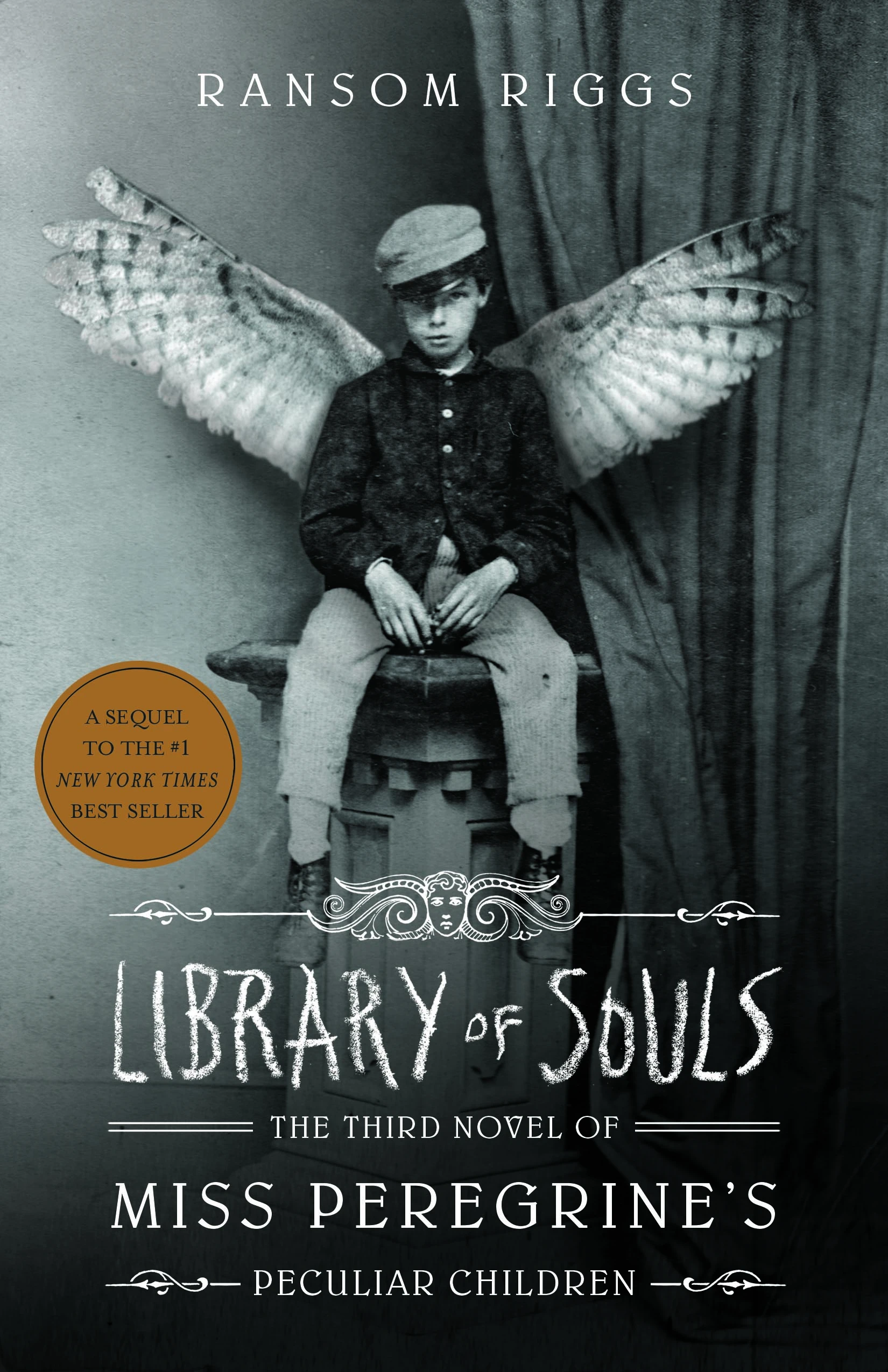Not for me. Not ever. And here's why. One thing I love about a book (or movie) is the very newness of it. Even for authors I read extensively, each stand alone story has the promise of new characters, new places, lovely new phrases and patterns of ideas. It's a romance between me and the story, full of tingles and possibilities.
This isn't to say I don't sometimes love the sequels. I mean, Harry Potter? I ripped the seventh book in half because my husband wasn't reading it fast enough to give to me. Yes, I can and do devour some series, all the way through. It's just that the dewiness is gone, the exhilaration of finding something amazing and feeling like I won the reader lottery. The second (or seventh) just can never be as perfectly wonderful as the first.
Now, please don't read into this too much. I don't love my first child more than my second or third, and I'm not looking to be set up with any first dates, thank you very much. This is a book thing, and somewhat contrary to my small comfort-zone, routine-loving nature (I married a man I'd known since we were eight years old). Just a book thing.
The books that bring all this to mind, by the way, are the second and third in the Peculiar Children series. I first loved them here and was delighted that they pick up right where the first, and then second, leave off. It's a quick trip through the time loops to a pleasant ending for all, with lots more peculiarity along the way. Enjoy. Just don't expect me to rave like I did for the first one.


